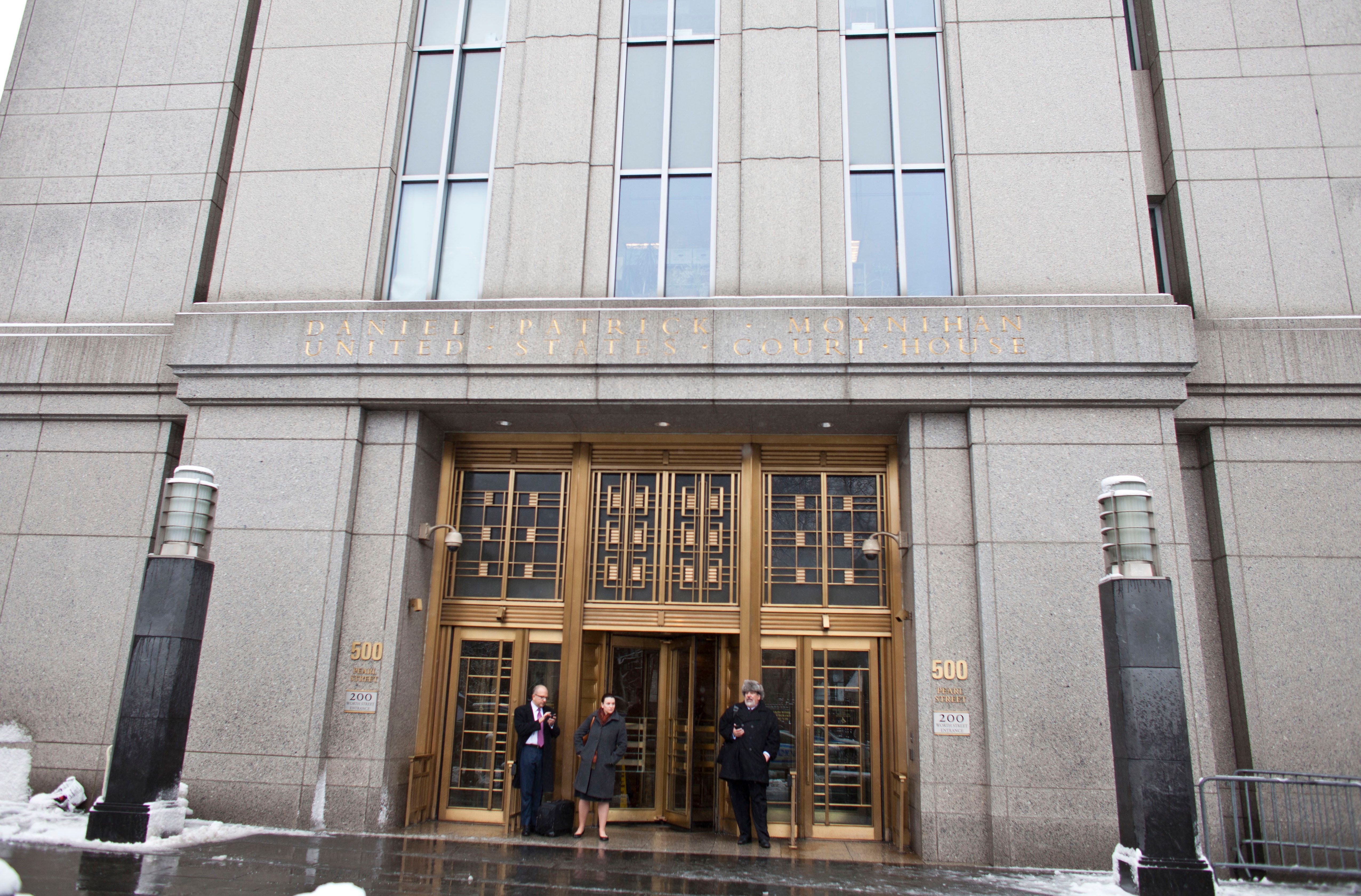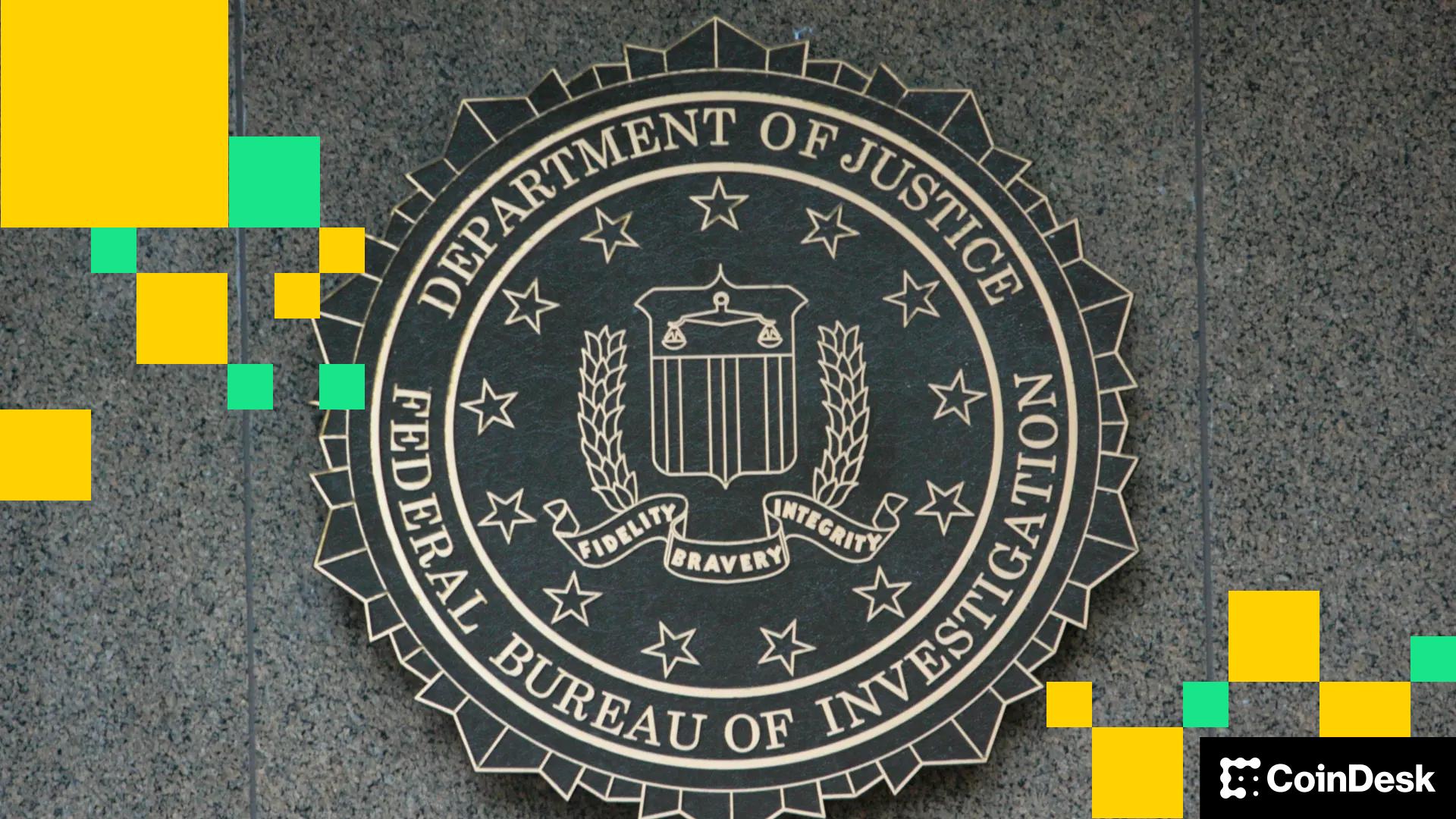Crypto Conspiracies Unveiled: Lummis & Selig Push a New Financial Prison
In a social‑media post on X that reads like a frantic telegram, Lummis claimed a productive meeting with Selig, echoing the grandiose optimism of a camp commander promising better rations.





